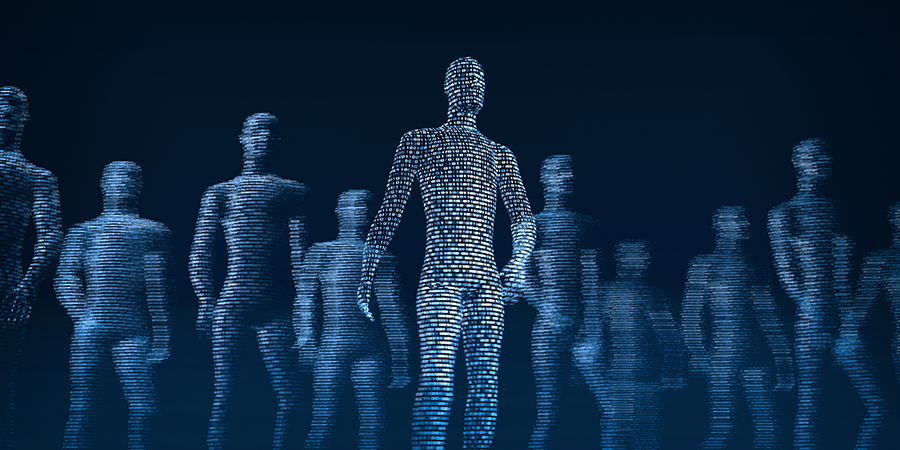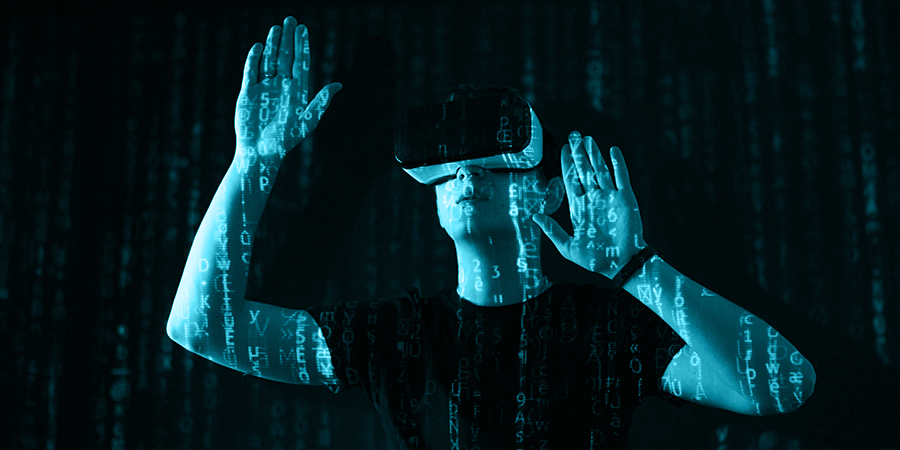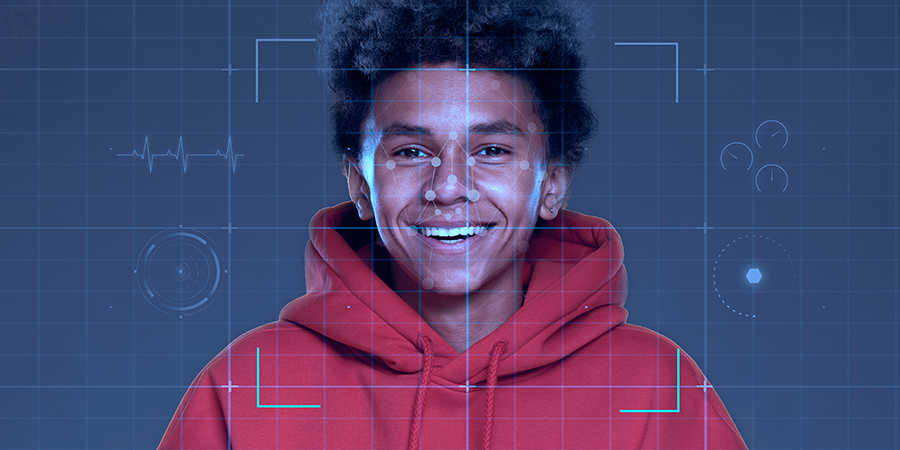2 min read
AI's Limitations and the Need for Human Protection
In a world where artificial intelligence (AI) continues to advance at an astonishing pace, it’s crucial to recognize the boundaries of its capabilities. AI, despite its remarkable achievements, falls short in many areas, and safeguarding humanity becomes paramount. This article explores why AI can’t do everything, why it can’t replace humans, and why human protection remains vital.

1. The Complexity of Human Experience:
AI may excel in processing vast amounts of data and executing complex tasks, but it fails to comprehend the richness and intricacies of human experience. Emotions, intuition, creativity, and empathy are defining aspects of being human. AI may simulate certain behaviors, but it lacks the depth and authenticity of human emotions and the capacity to truly understand and connect with others. The uniqueness of human experience cannot be replicated by AI algorithms alone.
2. Ethical Considerations and Contextual Understanding:
AI operates based on algorithms and predefined rules, making it challenging to handle ethical dilemmas and interpret information beyond its programmed scope. Human judgment encompasses a broader perspective, taking into account moral values, societal context, and the greater impact of decisions. AI lacks the ability to weigh various statistics against each other ethically. It is humans who possess the capacity to navigate complex ethical considerations and make informed choices that align with our values and ensure fairness.

3. Unpredictable and Unforeseen Situations:
While AI thrives in well-defined scenarios, it struggles when confronted with unpredictable or novel situations. Humans possess the ability to adapt, think creatively, and respond to unforeseen circumstances. Our cognitive flexibility, intuition, and capacity for innovation allow us to navigate uncharted territory, deviate from conventional approaches, and find unique solutions. AI's reliance on data and predefined rules limits its adaptability in the face of unknown challenges.
4. Emotional Intelligence and Human Connection:
AI may mimic emotions to some extent, but it lacks the genuine experience of emotions and the profound understanding of human connections. Emotional intelligence and empathy are integral to human interactions, promoting understanding, compassion, and collaboration. The warmth, care, and support humans offer each other are irreplaceable. While AI can provide certain functional assistance, it cannot replace the deep emotional bonds that humans form and the critical role they play in our well-being.

5. Pure Math and Limited Scope:
AI operates on mathematical algorithms, analyzing data and making predictions based on statistical models. It lacks the broader context, common sense reasoning, and intuitive understanding that humans possess. Human intelligence goes beyond pure mathematical calculations, encompassing cultural knowledge, creativity, and the ability to connect disparate pieces of information. AI's reliance on data limits its ability to fully comprehend complex situations that require a holistic understanding.
Artificial intelligence has undoubtedly transformed various aspects of our lives, but its limitations are evident. The essence of being human — our emotions, creativity, adaptability, ethical judgment, and social connections — cannot be replicated by AI alone. It’s imperative to safeguard humanity, recognizing the need to protect our unique qualities and ensuring that AI remains a tool that serves and empowers us. By embracing our human potential while leveraging the benefits of AI, we can shape a future where both technology and humanity thrive in harmony.
Interested in learning more about artificial intelligence? Click the button below to check out our resource.




